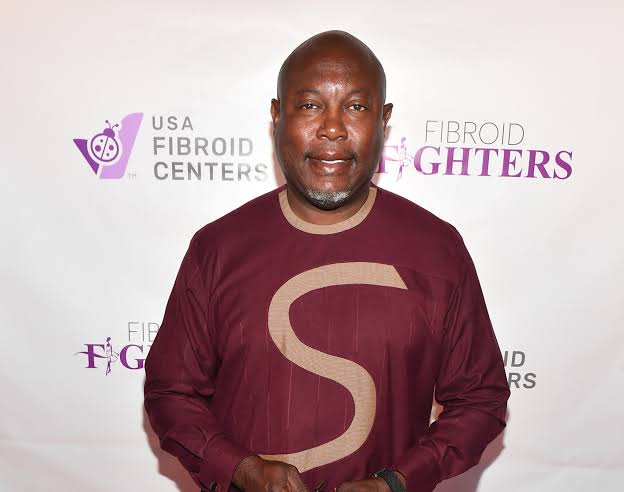The government of Ghana has officially banned individuals from publicly using honorary doctorate and professorship titles, unless such titles have been duly earned from accredited institutions.
The directive, issued by the Ghana Tertiary Education Commission (GTEC), warns that violators will face public exposure and may be subjected to legal action.
The announcement was made as part of a broader crackdown on the misuse of academic titles, which officials say has become increasingly common and misleading to the public. According to GTEC, the use of unearned honorary titles by individuals who have not undergone academic training or research required for such distinctions undermines the integrity of Ghana’s educational system and misleads the general population.
READ ALSO: 2023: Gov. Emmanuel flees to Ghana
Dr. Edward Appiah, Director-General of GTEC, emphasized that honorary degrees are symbolic recognitions and do not confer academic or professional titles. He stated that anyone awarded such degrees must refrain from using the titles “Dr.” or “Professor” unless they have legitimately attained them through academic achievement recognized by a properly accredited institution.
He further clarified that although honorary degrees can be conferred for contributions to society, recipients are not permitted to adopt them as formal credentials. He warned that enforcement measures are being prepared to ensure compliance with the directive, and those who continue to use these titles publicly without academic justification will be named and shamed.
The directive comes in response to a growing trend in Ghana where individuals, including public figures, adopt honorary academic titles for social prestige or to create the impression of scholarly authority. In many cases, the institutions conferring such degrees have not been accredited or are based outside of Ghana with questionable academic standards.
GTEC stated that the public has a right to accurate information regarding individuals’ academic qualifications, especially when such credentials are used in professional, public, or political contexts. The agency has therefore urged all Ghanaians to verify academic titles and report instances of misuse.
Legal experts have indicated that those who persist in misrepresenting themselves with honorary titles may face charges related to impersonation or fraud under Ghanaian law. While no specific arrests have yet been made under this new directive, GTEC confirmed that investigations are underway and formal enforcement procedures will soon be implemented.
The Ghana Education Service and the Ministry of Education are expected to support GTEC’s initiative by launching public awareness campaigns about the legitimate use of academic titles. These campaigns aim to educate citizens, especially those in leadership positions, about the importance of transparency and integrity in academic and professional representation.
In recent years, Ghana has seen an increase in degree mills and unregulated foreign institutions offering honorary titles for a fee. This has prompted the government to strengthen oversight of tertiary education and clamp down on institutions and individuals involved in unapproved academic practices.
The directive has been welcomed by many in the academic community, who have long criticized the proliferation of unmerited titles in public discourse. Academics have expressed hope that the move will preserve the value and credibility of genuine academic achievements.
GTEC concluded its statement by calling on all honorary degree recipients to represent their accolades appropriately and avoid creating the impression of earned academic qualifications. The commission reaffirmed its commitment to upholding standards in higher education and ensuring the public is protected from academic misrepresentation.





